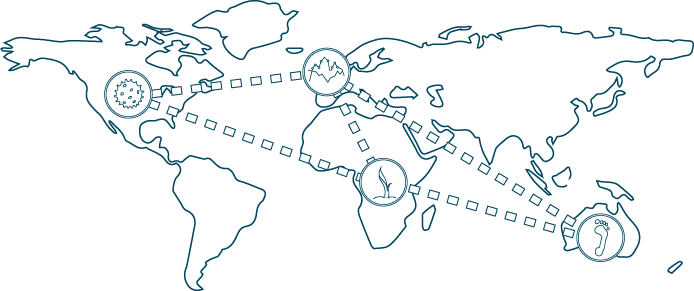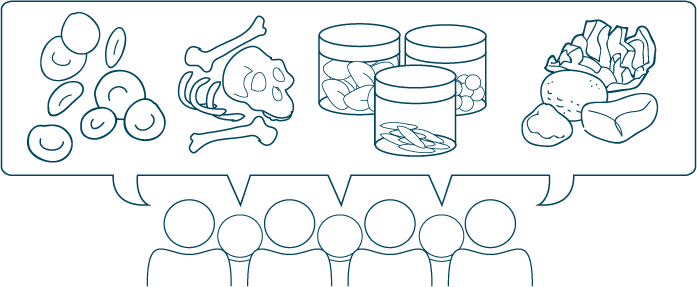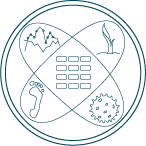About SciColl
Our Mission and Objectives
SciColl's mission was to increase the return on investment in scientific collections by catalyzing international and interdisciplinary collaboration. SciColl pursued a new generation of research on major challenges that can only be achieved through the use of scientific collections; and better, more cost-effective management, operation, documentation, accessibility and use of collections in all disciplines.


Our members and affiliated scientists endeavored to achieve our mission through the following activities:

Demonstrating the impact of scientific collections on four globally important research topics.

Highlighting examples of the benefits and impacts that scientific collections had on science and society.

Creating a resource locator for researchers and policy-makers, Global Registry of Scientific Collections (GRSciColl).

Developing and disseminating community standards and guides to good practices.
#didyouknow...
Object-based scientific collections are samples and specimens stored primarily for research purposes
...?
More about SciColl
SciColl was a global consortium devoted to promoting the use and impact of object-based scientific collections across disciplines, including archaeology, biology, biomedicine, earth and space sciences, technology and others. SciColl believed that these collections are unique, irreplaceable resources for interdisciplinary research.
As a coordinating mechanism, SciColl was run by members, which included government ministries or agencies and research institutions that contain scientific collections. Through broad-scale research initiatives and development of an online registry of collections, SciColl facilitated a new generation of interdisciplinary research that relied on collections in different fields.
What are scientific collections?
Object-based scientific collections are samples and specimens stored primarily for research purposes. These include collections and repositories of biomedical samples, human artifacts, natural history samples (rocks, plants, animals) and diverse other objects of scientific study, together with their associated data and archival material. Under our purview, this includes sample material stored in digital and/or analog form (e.g., field notes, maps, lab notebooks) and associated metadata.
Scientific collections are often held in large-scale facilities that are critical for the conduct of research on global issues, such as food security, public health, global change and conservation of biodiversity and ecosystems. However, collections needed for such research are usually distributed geographically and managed independently. We intend to provide the international coordination required to ensure that all collections are accessible and well-managed, so that researchers in all disciplines and countries will have the research infrastructure they need.
Why collections, why now?
Long-term scientific progress depends on collections, but the management and preservation of collections varies widely across disciplines, programs, institutions and countries. Therefore, we aim to illustrate the importance of scientific collections as a global resource.
The success of future research requires the highest standards of preservation and management of these collections to ensure:
- rapid access to samples that may be in collections around the world;
- opportunities to use new analytical techniques on old samples to generate new knowledge;
- the ability to verify past results by studying voucher and reference material and reuse them to address new research questions; and
- the availability of samples that document conditions at a time and place (such as environmental samples), and may be critical for government regulation or legal decisions.
